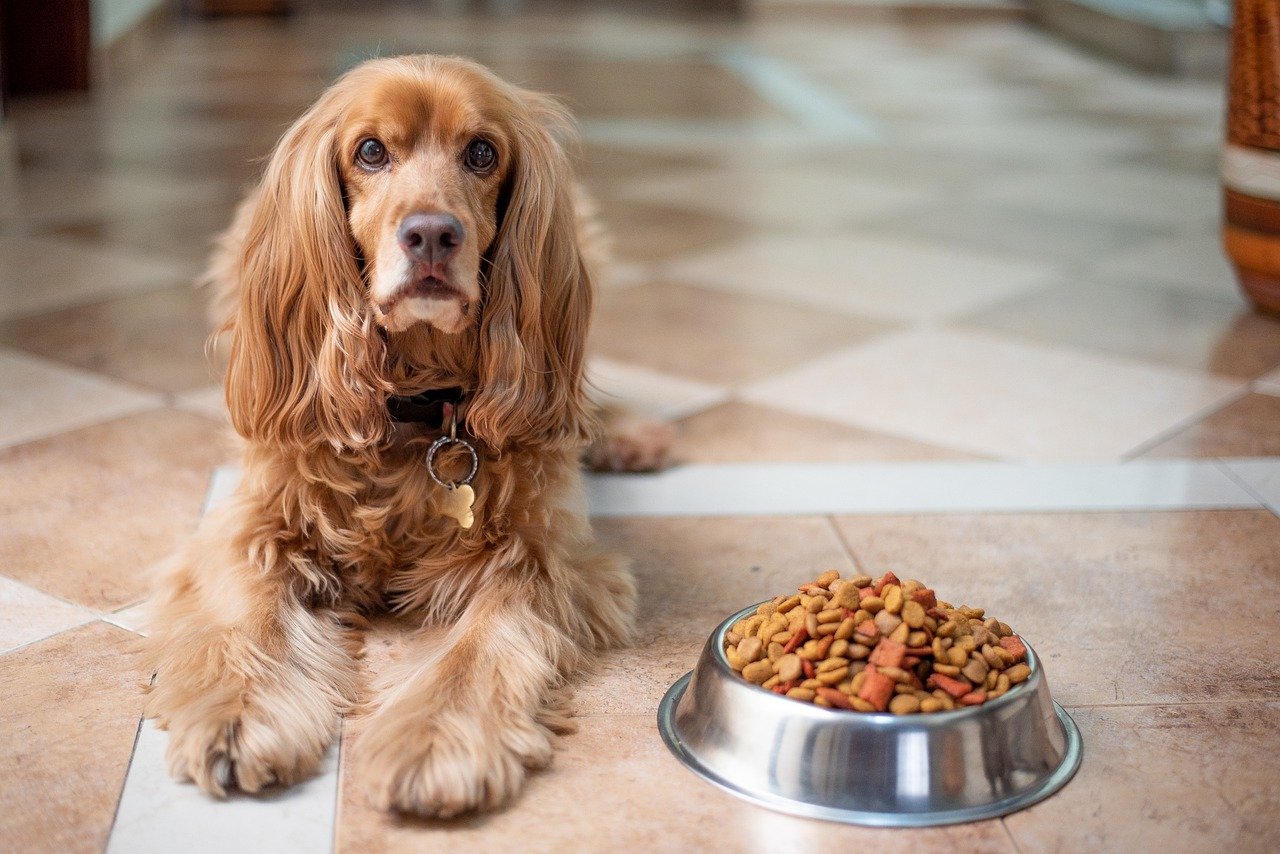How is puppy food different from regular dog food?
There are differences between adult dogs and puppies, such as different energy levels, which influence their independent nutritional needs. Is it possible to know if you are feeding your puppy-food or dog food? Well, taking a look at the differences between adult dog food and dog puppy meals would help you make the best purchasing decision. Careful selection of puppy-food ensures that you feed your puppy the essential nutrients required at that young age.
It’s expensive to carer for a puppy’s nutritional needs compared to that of an adult dog.
The reason for this difference is because puppy meals contains more calories to cater to the puppies’ high energy requirements. Besides, calories are essential for supporting body and bone growth. Therefore every puppy food’s calorie should be fully packed with essential nutrients. No empty calories should be fed to puppies. It’s important to note that puppies can’t hold so much food at ago. We recommend feeding puppies in small bits but frequently.
Regulations On Adult Dog Food And Puppy-Food
According to the Association of American Feed Control Officials (AAFCO), some guidelines showcase the difference between adult dog food and puppy dog food regulations. They have set specific standards to help categorize puppy dog food and adult dog food. Knowing these specific standards would help dog and puppy lovers to avoid unnecessary confusion.
Below is a list of the main ingredients to help you understand the differences between adult dog food and puppy food:
• Protein: Puppy-food contains 22% protein, while adult dog food contains 18%
• Fat: 8% fat for puppy-food and 5% for adult dog food
• Calcium:1% for puppy-food and 0.6% for adult dog food
• Phosphorus: 0.8% for-puppy food and 0.5% for adult dog food
• Sodium: 0.3% for puppy-food and 0.06% for adult dog food.
Why do puppies need puppy-food?
As you choose between different recipes, brands, and formulas, it’s often overwhelming as you progress the process of feeding your puppy. But even so, puppy owners have a huge responsibility of ensuring their pets are in great condition all the time. It’s easier said than done because it’s quite stressful going over various bags to find the best food that suits your pet. From the variety of brands and recipes, only two types of dog food on the shelves; food for puppies and that of adult dogs.
It’s quite discouraging to see how expensive puppy meals is compared to adult dog food. But come to think of it, puppies need the right diet full of essential nutrients for their growth.
A puppy’s nutrition requirements as they grow
So why do puppies need a different kind of food compared to adult dogs? Well, there is a big reason for this- while adult dog lovers care about maintaining the good health of their dogs, puppy lovers have a huge responsibility of feeding their puppies with the right ingredients because of their rapid growth. Differences exist across different breeds and individual dogs. However, puppies add up lots of pounds during the initial several months. For that kind of growth to be possible, puppies need a special kind of diet.
Note:
Puppy meals formulas include essential ingredients necessary for their growth and development. While you feed them a regular puppy diet, giving them adult dog food occasionally won’t harm them. They’ll experience a little discomfort, but you don’t have to worry about them encountering detrimental risks.
Avoid giving your puppies adult dog food every day. Doing so will deny them essential nutrients needed for their growth and development. Most importantly, if you don’t know the kind of food to give to your puppies, we recommend that you seek help from your veterinarian.
What are the types of puppy food (Wet vs. Dry)
It’s such an uphill task to choose the perfect type of puppy meal from the varieties of dog brands and recipes available. Our guide will help dog lovers to make the best choice for their puppies.
From the packaging alone, you’ll learn that most foods are often described as complete foods. In simple terms, they offer all your puppy’s nutritional requirements.
Besides, you’ll notice that there is wet puppy food often in cans or pouches and dry puppy foods kept in bags. So what’s the difference between wet puppy food and dry puppy food?
Dry food:
Contains lots of nutrition but in a smaller bit. It contains low water contents and is easy to store in a small space.
Wet food:
It’s the most satisfying meal for puppies huge appetite. The calories in a bowl of wet food are half the calories in a bowl full of dry food. Since they contain high water content, it ensures puppies feed on food rich in fluids, enabling your puppy to avoid the risk of urinary tract infections.
When should I switch my puppy to adult food?
Puppy is often regarded as a certain developmental stage. Transitioning your puppy to start feeding on adult dog food depends on the physical maturity and size of your dog. Small and medium-sized dogs develop into adult dogs in 10-12 months. On the other hand, large dog breeds such as German shepherds, Labs continue growing up to 12-18 months old.
These guidelines are very important for dog owners in finding the perfect time to start feeding their puppies adult dog nutrition.
How much food should I feed my puppy?
Puppies are quite playful and often need to be fed frequently to meet their energy requirement. Therefore, you should feed them three to four times a day. If you are feeding your puppies ¾ a cup of food, it’s time you considered feeding them ½ cup three times every day.
Spacing out puppy meals and in smaller bits ensures that they digest them easily and help them achieve balanced energy levels.
